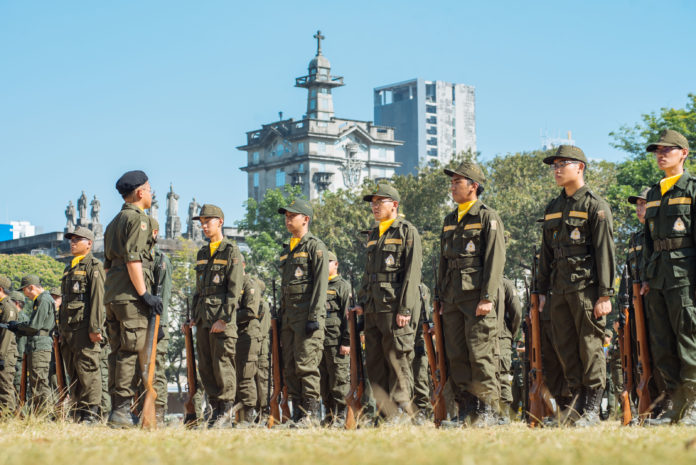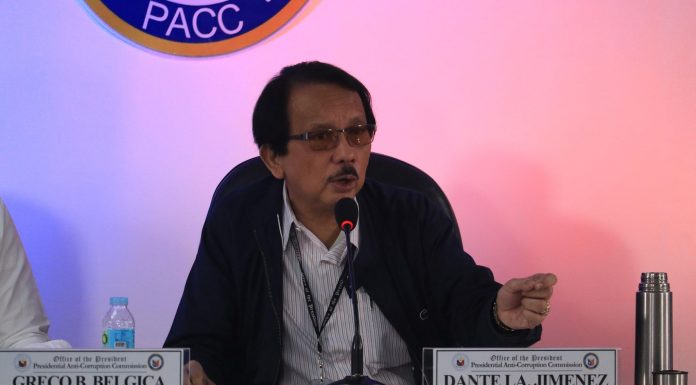
THE GOVERNMENT should work on enhancing the National Service Training Program (NSTP) instead of creating a new program for citizen service, the UST Central Student Council (CSC) president said on Dec. 6.
In a public hearing at the House of Representatives, CSC President Nathan Agustin urged lawmakers not to push through with the National Citizens Service Training (NCST) program, which seeks to enlist more reservists for disaster response and instill nationalism among young Filipinos.
“Why not augment the current NSTP program [and] retain that current freedom of choice that we have as students as to how we would like to serve our country? We understand that there is a need to have disaster preparedness, but I believe that the NSTP would be able to cover that as long as it is expanded,” Agustin said.
“We don’t need to create a new program that will leave room for different interpretations, which may be dangerous to our situation.”
The NCST Bill, or House Bill (HB) No. 6687, was approved on second and third readings after 276 lawmakers voted in favor of it on Dec. 15, the same day that President Ferdinand Marcos Jr. certified it as urgent.
Four lawmakers voted against it, while only one legislator abstained.
If passed into law, the bill will dissolve the NSTP, which was established in response to the murder of UST Reserve Officers’ Training Corps (ROTC) cadet Mark Welson Chua in 2001 after he exposed corruption within the UST ROTC unit to the Varsitarian.
Under Republic Act No. 9163, or the NSTP Act of 2001, the ROTC program was made no longer mandatory for Filipino students as they were allowed to choose from Civic Welfare Training Service (CWTS), Literary Service Training (LTS), and the ROTC to fulfill their service.
The choices for the NCST program were not specified in the bill, but it includes a provision that would institutionalize the optional four-year ROTC Program.
The NCST program will be administered to the undergraduate and technical-vocational programs for four terms or two years, unlike the NSTP, which runs for only two terms or one year.
Agustin said the NCST would add educational and financial burdens to the students who would be required to take it due to the duration of the program.
“NCST is quite difficult to grasp because it will definitely affect how we did things for NSTP, [especially] the freedom of choice given to the students,” Agustin said.M.S. Orozco














